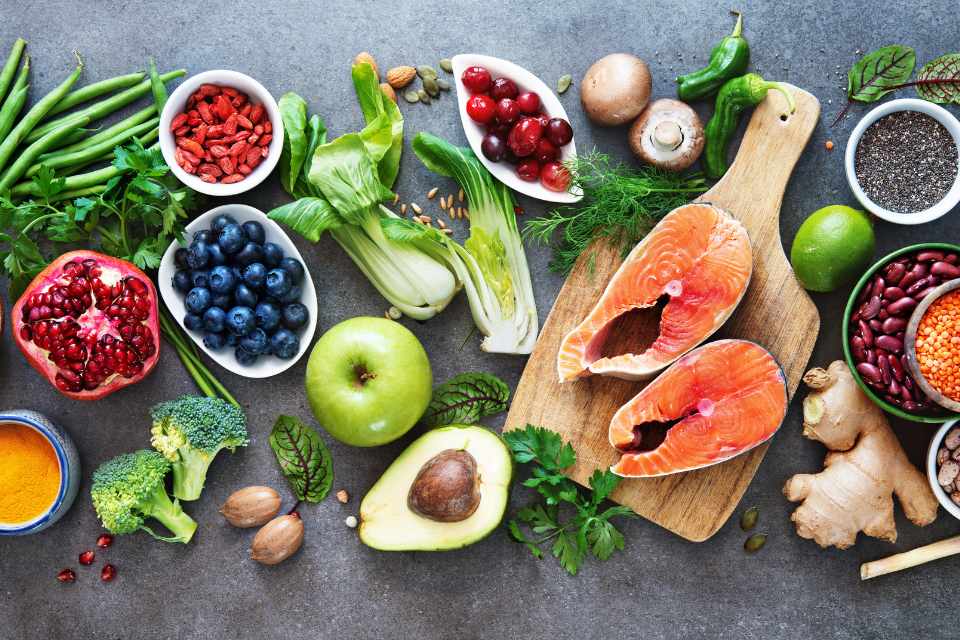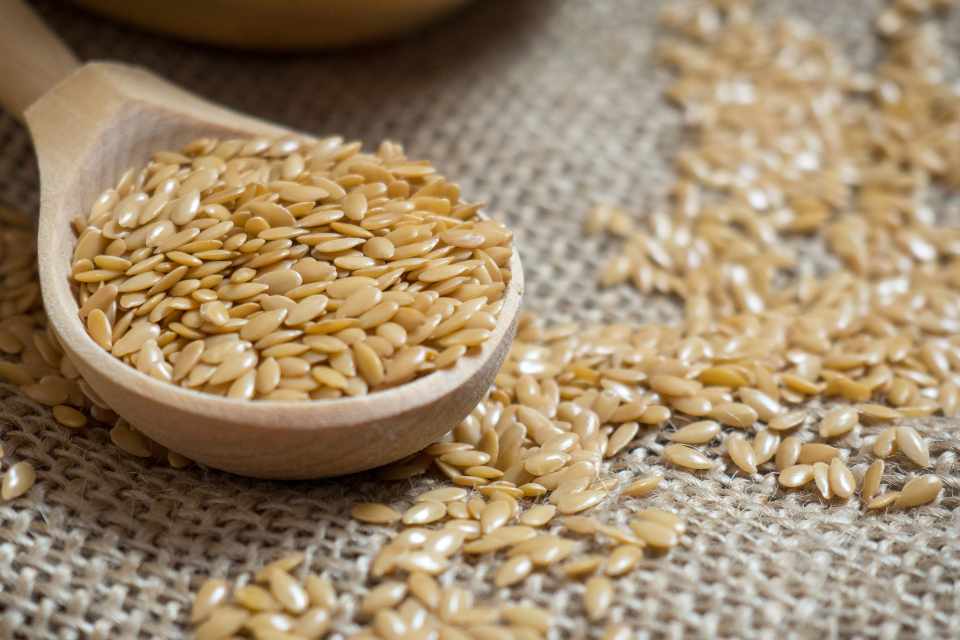During autumn in the UK, more than 10 million people receive the flu vaccinations. At around £16 per vaccination, this is a substantial cost to the NHS. If the vaccine were effective, this might be a worthy expenditure. Yet, Public Health England admits that the vaccine may be ineffective for many.
What is flu?
Flu, short for influenza are viruses of the respiratory system. Some forms of influenza are mild and some are severe. We catch flu by inhalation or by contact via the hands or contaminated surfaces.
The problem is that the flu virus replicates and changes its structure very quickly. This year’s strains of flu are not the same as last year’s. So, the immune system doesn’t recognise the new strain. And, last year’s vaccine doesn’t prevent this year’s virus. Hence, each year a different vaccine must be used.
Flu symptoms
Each year it is possible that some people catch the flu but don’t develop symptoms. But most infected people develop symptoms within two to three days. Symptoms usually begin with chills and aching muscles. As the infection progresses there may be a fever, lethargy, loss of appetite, dry cough and headache. Sometimes there will also be other symptoms such as sore throat and runny nose. Some people may also have diarrhoea or nausea and vomiting.
Who should get the flu vaccination?
The flu vaccination is free on the NHS for those most at risk of flu. Which includes:
- children aged 2 to 8 years old
- pregnant women
- anyone living with a long term medical condition
- everyone aged 65 or over
- people with caring responsibilities
How effective is the flu vaccination?
The NHS encourages people in these at-risk groups to have the vaccination every year. Yet, this report in the British Medical Journal says last years flu vaccination program was ineffective. This was especially true in the over-65s age group. In fact, Public Health England admits that “It is increasingly recognised that the current generation of flu vaccines often work less well in the elderly.” They suggest that older people have a weaker immune system making the vaccine less effective.
However, the report also suggests the flu vaccination is effective for children. So, it’s possible that vaccinating children means their grandparents will be less likely to catch the flu.
What are the alternatives?
Though pharmaceutical antivirals do exist there is concern that the flu virus is becoming resistant to these medications. In much the same way as bacteria are becoming resistant to antibiotics. So researchers are increasingly looking into plant-based remedies to identify new antivirals. In fact, there are many herbal remedies with a traditional use for influenza.
From a herbalist’s perspective, herbal medicines can help in several ways. For instance, by directly killing the virus. Or, by stimulating the body’s immune system to fight off the virus, preventing it from replicating and spreading. And, some remedies may prevent infection when taken throughout the flu season.
Here are some traditional herbal remedies for symptoms of influenza:
Echinacea
Possibly the most well known herbal remedy for respiratory infections is Echinacea. Some herbalists recommend Echinacea angustifolia in preference to other species of Echinacea. I recommend using a good quality product, at adequate dosage and take it at the first sign of a viral infection. Once the infection develops studies suggest that Echinacea is less effective at fighting it off.
It is a myth that Echinacea should only be taken for 7 to 10 days. This internet myth was based on poor research that was later disproved by better quality studies.
Though Echinacea is generally well-tolerated some sources say that care is needed by people with autoimmune conditions. We do know that Echinacea can stimulate the immune system. So, if you have an autoimmune condition I suggest caution using Echinacea. That is unless you are advised otherwise by your healthcare provider. In addition, Echinacea is not recommended if you are taking immune-suppressing medication. It is recommended that children under 12 years should not be given Echinacea.
Elderberry
Elderberry has a tradition of use for treating colds and flu. Clinical trials support this traditional use. For instance, this study shows that the concentrated juice of elderberry was effective against influenza. Elderberry stimulates the immune system and prevents the virus from spreading.
Elderberry syrup is a folk remedy that can be made at home. Should you decide to prepare your own elderberry syrup make sure that only the berries are used. The leaves and twigs of the elderberry bush can cause stomach upset. The berries should also be cooked as part of making the remedy. Usually, this involves simmering the washed elderberries in water. Herbs such as ginger or cinnamon are often added. Strain the liquid and make it into a syrup with sugar or honey. Store in the fridge for homemade winter colds and flu remedy. The syrup can be taken as a preventative or during an illness.
Alternatively, commercial formulas such as Sambucol are available. This study describes the use of Sambucol, a standardised elderberry extract, during an outbreak of flu in 1993. For most people, Sambucol halved the number of days of illness compared to placebo treatment.
Since elderberry stimulates the immune system it is not recommended to take it while you are taking immune suppressant medication.
Pomegranate
Pomegranates are high in vitamin C. One fruit providing nearly half of the day’s requirement. They are also rich sources of anthocyanidins. These are the highly beneficial coloured compounds with notable antioxidant activity. Pomegranates have a wide range of uses from menopausal symptoms, to diarrhoea and mouth ulcers. They are also used in traditional Cuban medicine for the treatment of respiratory diseases.
This study provides strong evidence of effectiveness against the flu virus. Researchers show pomegranate extract actively destroys the influenza virus. They suggest that using pomegranate alongside Tamiflu may make this antiviral medication more effective.
Pomegranate juice might lower blood pressure. So, care should be taken when taking pomegranate alongside prescription medications, as there is the potential for possible interactions. Pomegranate is not recommended alongside blood-thinning medication such as warfarin.
You might also like my post Pomegranate – the superfruit with amazing health benefits.
Ginger
Technically, the spice ginger is the rhizome rather than the root, but almost everyone calls it a root. In any case, it is a pungent spice that has been used as medicine for thousands of years. It is a warming circulatory stimulant with anti-inflammatory properties. It warms the digestion, improves appetite and enhances immunity.
For colds and flu, ginger is my favourite remedy. Taken as fresh ginger juice, or prepared as a hot tea.
I generally recommend, and use myself, a remedy based on herbalist Stephen Buhner’s recipe:
60ml juice of fresh ginger root
350ml hot water
1 tbsp raw honey
1tsp fresh lime juice
1/8 tsp cayenne pepper
Drinking 4 to 6 cups per day will stop the infection in a few days.
Second best is the tincture of fresh ginger root. Dried ginger is far less effective than fresh ginger as an antiviral. Though dried ginger is still medicinal in other ways.
As with some of the other herbs mentioned, caution is necessary if you are also taking prescription medications. Ginger in medicinal doses can interact with some medications from the doctor. For instance, you should avoid using ginger if you are taking anticoagulants medication. Also, be careful using ginger if you have a history of peptic ulcer or gallstones. Take no more than the equivalent of 2g of dried ginger per day during pregnancy.
Andrographis
Andrographis, a very bitter herbal remedy from India, used in Ayurvedic and Chinese medicine systems. This is a medicinal herb that stimulates the immune system. Clearing bacterial and viral infections, whilst also lowering a fever.
This meta-analysis provides evidence of its effectiveness for acute infections of adults and children. It can be taken as a preventative herbal treatment. But, as a herb with cooling properties, it should not be taken alone over a long period. It needs to be taken alongside a warming remedy such as ginger and, or astragalus.
Andrographis should not be taken during pregnancy. It is also not recommended to take Andrographis alongside blood pressure lowering or blood-thinning medication. Since Andrographis can stimulate the immune system, don’t take it alongside immunosuppressant medication.
Astragalus
Astragalus root is a popular Chinese tonic herb. It has been used for hundreds of years to increase vitality and to strengthen immunity. This is a safe and effective herb that can be used by adults and children. In fact, traditionally it is often used in cooking. Large pieces of dried root are used in soups or stews. Then removed and discarded at the end of cooking.
Traditionally Astragalus use prevents infections rather than treating active illness. Generally, 1 tsp of tincture might be taken daily for the prevention of viral infection.
Astragalus strengthens immunity and may increase interferon production. So, it is recommended that astragalus is not taken by people using immune suppression medication.
Probiotics
Finally, though not a herbal medicine, probiotics are worth considering. There is evidence that the microbiome has a large influence on the immune system. So, a probiotic supplement might be helpful. Boosting the microbiome and hence the immune system. Especially useful in the over-65s since weakened immunity likely makes the flu vaccine less effective in this age group.








0 Comments